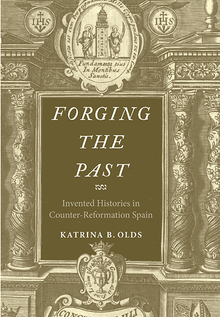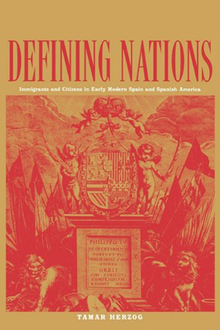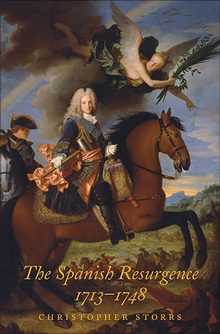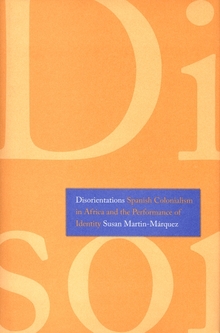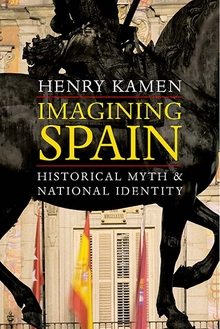Forging the Past
WARNING
You are viewing an older version of the Yalebooks website. Please visit out new website with more updated information and a better user experience: https://www.yalebooks.com
Invented Histories in Counter-Reformation Spain
Katrina B. Olds
Spain’s infamous “false chronicles” were alleged to have been unearthed in 1595 in a monastic library deep in the heart of the German-speaking territories of the Holy Roman Empire by the Jesuit priest Jerónimo Román de la Higuera. Though rife with anachronisms and chronological inaccuracies, these four volumes of invented “truths” about Spanish sacred history radically transformed the religious landscape in Counter-Reformation Spain and were not definitively exposed as forgeries until centuries later, after nearly two hundred years of scholarly debate.
In this fascinating study, Katrina B. Olds explores the history, author, and legacy of one of the world’s most compelling and consequential frauds. The book examines how a relatively obscure Jesuit priest so successfully fabricated a set of supposedly historical documents that they were accepted as authentic for generation after generation. The chronicles’ influence was so powerful, in fact, that they continued to shape scholarly discourse, religious practice, and local heritage throughout Spain well into the twentieth century, despite having been debunked as forgeries in the eighteenth. Olds’s fascinating analysis brings together intellectual, cultural, religious, and political history while reinvigorating an ongoing debate on the uses and abuses of history and the nature of historical and religious truth.
In this fascinating study, Katrina B. Olds explores the history, author, and legacy of one of the world’s most compelling and consequential frauds. The book examines how a relatively obscure Jesuit priest so successfully fabricated a set of supposedly historical documents that they were accepted as authentic for generation after generation. The chronicles’ influence was so powerful, in fact, that they continued to shape scholarly discourse, religious practice, and local heritage throughout Spain well into the twentieth century, despite having been debunked as forgeries in the eighteenth. Olds’s fascinating analysis brings together intellectual, cultural, religious, and political history while reinvigorating an ongoing debate on the uses and abuses of history and the nature of historical and religious truth.
Katrina B. Olds is associate professor of history at the University of San Francisco. She lives in San Francisco, CA.
“Forging the Past is truly excellent. For a case study, it’s quite a case, full of twists and turns, shifting scenery, the mix of low chicanery and spiritual highmindedness, and a fair amount of what any historian would regard as sheer intellectual perversity.”—James Amelang, Universidad Autónoma de Madrid
“Olds achieves the impossible: From the thicket of alleged Spanish medieval credulity, she pulls out the raucous presence of modern epistemological criticism. Only scholars like Olds, with the erudition and exquisite sensibility to recover lost worlds, can unravel today the tangle of extraordinary philological expertise, antiquarian networks, and communities of active critical readers that went into the invention and consumption of the new Catholic apocryphal traditions.”— Jorge Cañizares-Esguerra, University of Texas at Austin
“Forging the Past offers a comprehensive and wholly original account of one of the most important but often forgotten chapters in Spain’s sacred history. Meticulously researched and a pleasure to read, this gem of a study represents scholarship at its very best.”—Richard Kagan, Johns Hopkins University
“In her elegant and thoughtful book, Olds insightfully unveils the overlapping of myth and history in Higuera's 'false chronicles' and how the use of reliable historical sources to construct a forged past shaped the Spanish and European early modern historical landscape. A terrific and wonderful book!"—Teofilo F. Ruiz, University of California, Los Angeles
"In this elegant and erudite book, Katrina Olds explains why the Jesuit Jerónimo Roman de la Higuera devised a complex imaginary history for the early Spanish church. Her work brilliantly illuminates both Counter-Reformation Catholicism and early modern historiography."—Anthony Grafton, Princeton University
“This impressive monograph treats the case study of the creation, reception, scholarly rejection, and endurance of false early Christian Spanish histories fabricated by an obscure Toledo Jesuit in the late 16th century.”?Choice
“[Olds] breaks new ground. . . . The analysis is subtle, original, and eloquently argued . . . an important and highly significant piece of scholarship, and one that will have a wide readership.”—A. Katie Harris, Renaissance Quarterly
"An outstanding contribution to our understanding of the production and circulation of knowledge within early modern European learned communities."—Guy Lazure, Renaissance and Reformation
Won honorable mention for the 2015-16 Association for Spanish and Portuguese Historical Studies book award.
Winner of the 2016 John Gilmary Shea Prize, given by the American Catholic Historical Association.
ISBN: 9780300185225
Publication Date: September 8, 2015
Publication Date: September 8, 2015
440 pages, 6-1/8 x 9-1/4
20 b/w illus.
20 b/w illus.

